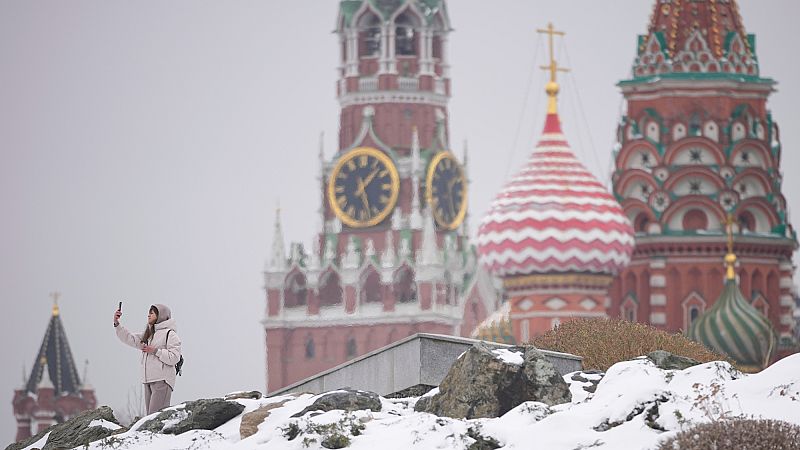
The number of European companies unwittingly involved in business transactions with countries or entities subject to sanctions is growing, with a notable surge taking place since 2022 and the start of Russia's war in Ukraine.
That uptick was first outlined in the "Kleptotrace" report by Transcrime, a research centre at the Catholic University of Milan, which was presented this week to Europol, the EU police cooperation agency based in The Hague.
The study was co-funded by the European Union and focused mainly on sanctions imposed by the bloc on Russia and Kremlin-linked oligarchs since 2014, the year of Moscow's unilateral annexation of Crimea, which have been ramped up since the 2022 full-scale invasion.
The report illustrates how dense, shadowy networks of intermediary companies — often fictitious and represented by frontmen — are operating in jurisdictions not aligned with the sanctions regimes and have turned sanctions into lucrative money-making machines.
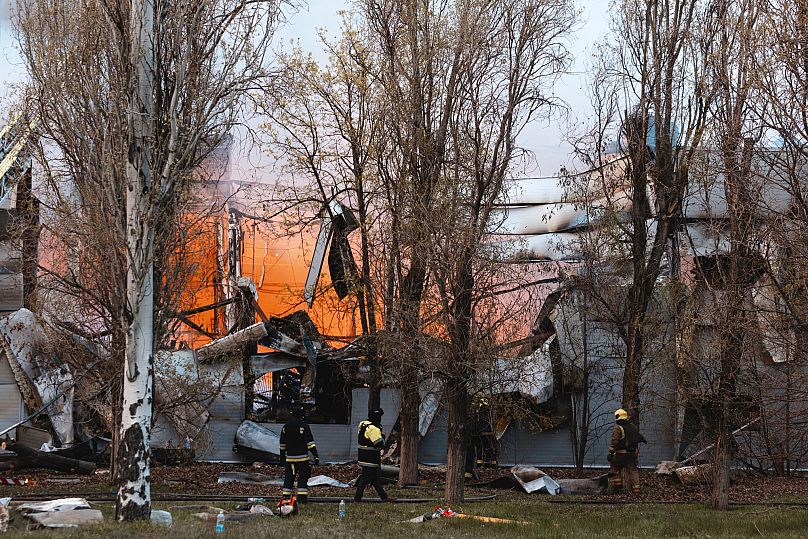
Companies at risk
Unsuspecting European companies, especially small and medium-sized enterprises (SME), often fall foul of these schemes, as they lack the necessary tools and security infrastructure to recognise potential risk partners.
"The measures were introduced very quickly and the larger economic operators were able to set up adaptation systems," Giovanni Nicolazzo, a researcher at Transcrime and co-author of the report, explained to Euronews.
"Small and medium-sized companies, on the other hand, continue to have difficulties in assessing the sanction risk of their stakeholders," he added.
Obtaining reliable information about the organisations companies do business with costs time and money. And in the absence of automated systems, it then becomes a matter for transnational investigations using professional firms — often involving lawyers and accountants — which can leave an SME with an exorbitant bill.
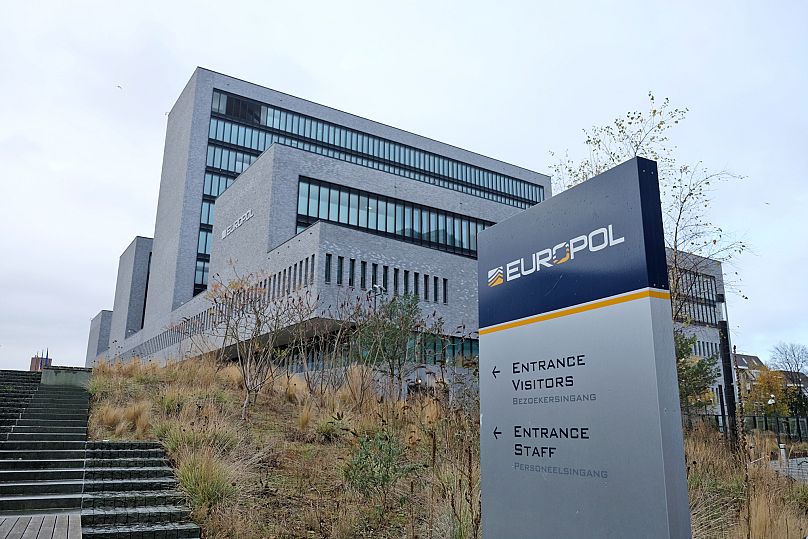
"In addition to identifying the company's owner, it is necessary to reconstruct the entire supply chain, right down to the end users," Nicolazzo said.
"Those who do not have access to adequate tools or databases end up relying on simple self-declarations by the supplier or customer, which alone are not enough."
But for experts and investigators, a self-declaration is too easy to submit and not a sufficient enough background check.
The sectors most exposed to this type of incident are electronic components, mechanical engineering, aeronautics and technologies for both civil and military purposes.
The European Union has initiated a process to help companies with this process.
Called the EU Sanctions Helpdesk, it aims to assist primarily SMEs to conduction due diligence on who exactly they're working with.
Companies and anonymous shareholdings
According to Transcrime's research, the very ownership structures of many European companies could belong to entities subject to sanctions.
At the time Russia's full-scale invasion of Ukraine started, thousands of companies within the EU and in Ukraine and other European countries were owned by at least 342 nationals of the Russian Federation who were subject to sanctions.
The Kleptotrace report also says that in the first months of 2022, almost 10,000 companies were owned by sanctioned persons.
And these are just the official, known figures.
However, the responsibility for implementing sanctions remains at the national level, and sometimes, that is insufficient.
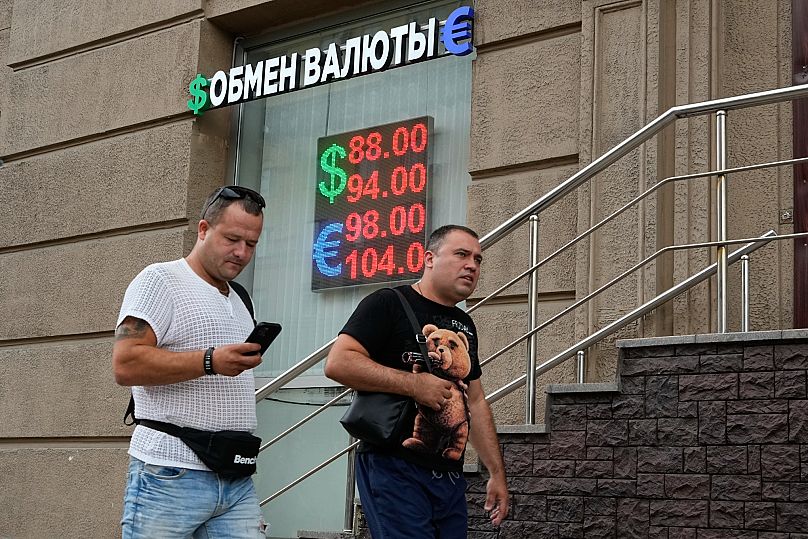
Stephen Piccinino, an official of the Malta Financial Services Authority, says that in wartime circumstances "a state that is serious about enforcing sanctions should investigate the activities of large conglomerates in its national territory."
"Be particularly careful if it possesses resources such as precious metals. And above all, check for internal corruption, particularly if there are any domestic politicians with past links to sanctioned individuals or entities," Piccinino told Euronews.
A statistical update is currently being carried out by the Transcrime research centre.
Although the final figures aren't yet available, researchers conclude that the number of companies linked to sanctioned Russian entities — either directly or indirectly — may not have decreased sufficiently since 2022.
Global finance, local corruption
The dense network of global financial markets offers protected channels to those wanting to evade sanctions. Very often, these are the same routes used by organised crime for money laundering operations, as revealed by Europol in its EU Serious and Organised Crime Threat Assessment 2025 report published in March.
Experience and banking contacts accumulated by corrupt political sectors are crucial to sanctions evasion networks.
"If, for example, I am a corrupt politician from a European country and I want to conclude a transaction to build energy infrastructure in a sanctioned country, I can conclude the contractual agreement, and I receive the payments via a risky but non-sanctioned country to the terminal bank account in my country, because I know that my bank does not do the necessary checks," Piccinino explained.
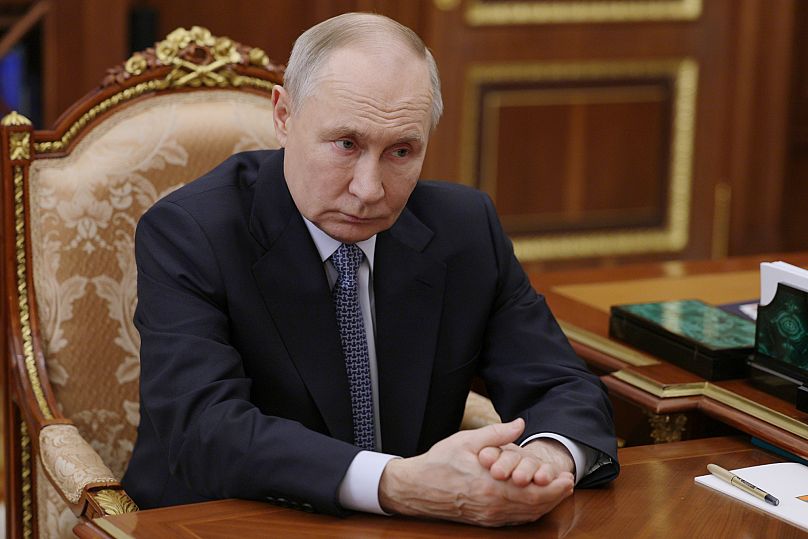
Piccinino further explained that in his experience, intermediary banks are located "in well-known countries" such as Caribbean nations and are financial entities already in contact with "banks that do not apply the so-called know-your-customer procedures and also have poor transaction control systems."
According to Transcrime, most frequently under the lens of national authorities are sectoral sanctions evasions, which account for 80% of all evasion cases. Sectoral sanctions are measures against entire industrial or service sectors.
The companies involved are often intermediary companies — or so-called paper companies — that formally exist but have no real economic activity, with fictitious headquarters and insubstantial assets.
"Often these are entities that would have no economic justification for acquiring such assets. A thorough audit would reveal suspicious addresses, links with other similar companies and the absence of indicators of real operations," Nicolazzo clarified.
According to the Kleptotrace report, on average, three paper companies and at least five countries are involved between the seller and the buyer in every transaction that circumvents sanctions.
The payment methods are those typical of organised crime, namely bank transactions through offshore accounts and the exchange of luxury goods, such as large pieces of jewellery, real estate, and shares.
Europol has already highlighted how difficult it is to effectively restrict economic exchanges in the context of high interdependence between states, private companies and transnational criminal networks.







